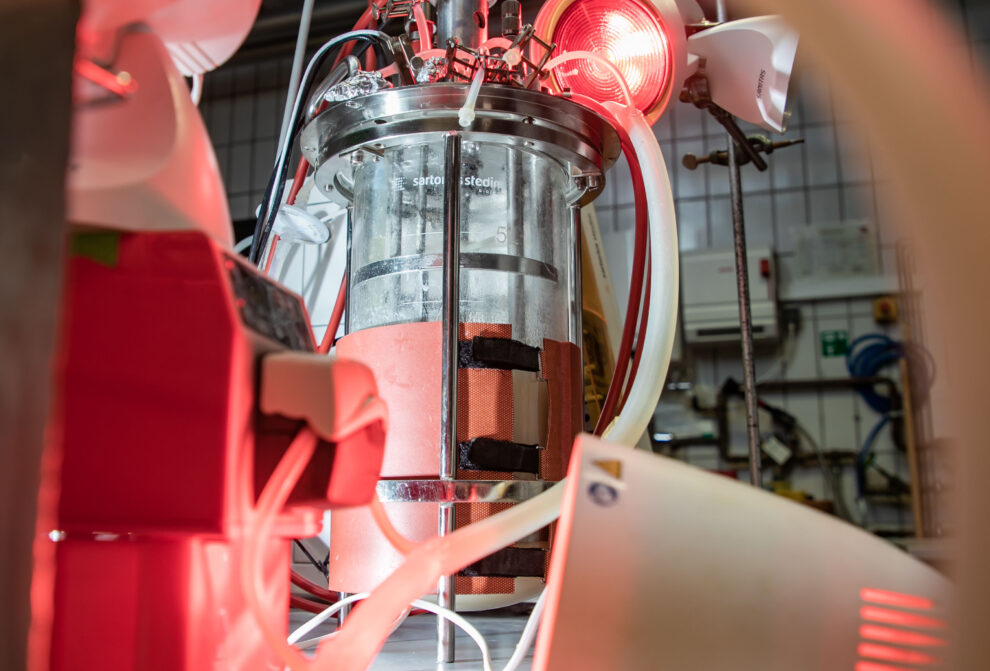

In a joint research, Bioprocess engineer Prof. Dr.-Ing. Sebastian Riedel from the Berlin University of Applied Sciences (BHT) and Prof. Dr. Jaewook Myung from the Korea Advanced Institute of Science & Technology (KAIST) are studying the production of biodegradable plastics from waste streams. This groundbreaking initiative is funded by the German Research Foundation (DFG) and is for a duration of 36 months.
Optimizing Biodegradable Plastics: The Role of PHAs

This research focuses on optimizing the synthesis of polyhydroxyalkanoates (PHA) – a group of biodegradable polyesters. The aim is to investigate different material compositions and extensively assess their environmental influences. PHAs are deemed a promising alternative to petroleum-based plastics because of their biodegradable nature sourced from renewable raw materials. The project centers on the utilization of microorganisms that can produce PHA from various waste streams which include used cooking oil and agricultural residues. In addition to being economical and abundant, these raw materials help reduce waste and promote a sustainable circular economy.
Financial Support and Research Goals
The Berlin University of Applied Sciences (BHT) will receive around 580,000 euros as part of the funding. The funds are intended to further develop biotechnological processes for the improvement of industrial usability of PHA. This will create the foundation for more environmentally friendly plastic solutions. Being a crucial step towards advancing sustainability, this project aims to promote sustainability in plastics production and reduce reliance on fossil raw materials. We could expect groundbreaking results for the future use of biodegradable materials in various industries.
Contact:
Sebastian.Riedel@bht-berlin.de
Media Contact
Monika Jansen M.A.
Head of Communications and Marketing
Email: jansen@bht-berlin.de
Phone Number: 030 – 4504 2314
Website: www.bht-berlin.de














